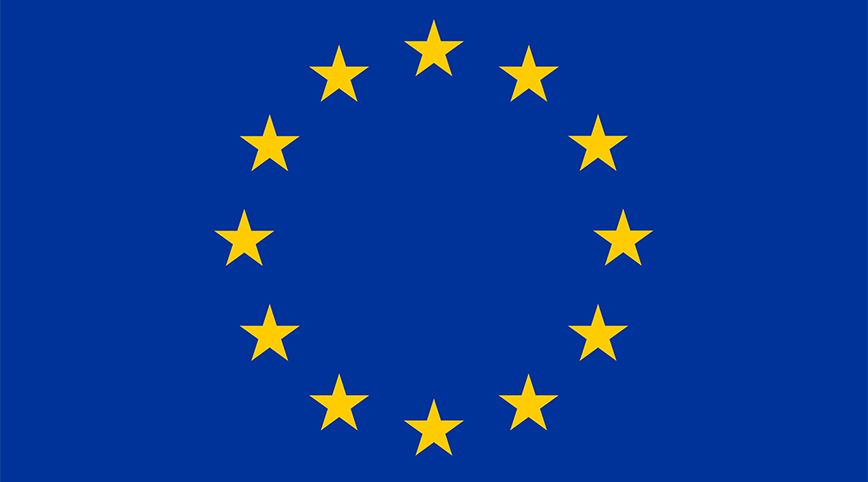KTH in line with EU Charter & Code

KTH has now signed up to the EU Charter & Code following EU Commission approval of our application. In so doing, KTH has gained HR Excellence in Research accreditation.
“It means that we now satisfy the general principles and requirements that the EU specifies with regard to the roles, responsibilities and rights of researchers and their employers, ” says Vice President for Resarch Annika Stensson Trigell. The aim is that the EU should contribute to the development of an attractive, open and sustainable European job market for researchers, where the framework conditions make it possible to recruit and retain leading researchers. For KTH, this means that we have now been given the stamp of approval as a high quality and excellent host university for researchers.
The Commission also views the stamp of approval they issue as an important parameter in the assessment of different types of collaboration (not purely for applications for financial research support). The award is an advantage in the eyes of the Commission when it comes to interest in participating in competitive projects. It also means a bigger opportunity to gain a higher profile in international contexts.”
The EU Charter & Code contains 40 principles in four different areas; Ethical Principles and Professional Responsibility, Recruitment, Employment Terms and Conditions, Continuing Professional Educational Development. How will accreditation be noticeable to KTH researchers?
"We have reviewed our processes, guidelines and information to ensure they are clear and readily accessible to researchers with documents in Swedish and English, we have also engaged in development work in areas such as how we address ethical issues.”
Signing up to the Charter is said to be a kind of quality assurance. How does this compare with other quality related work done by KTH?
"It initiates long-term quality assurance work in accordance with the Charter principles and the need to act that every university individually resolves on in its action plan. The national quality assurance system monitored by the Swedish Higher Education Authority (UKÄ) is based on the same starting point as the EU C&C and large parts of the assessment grounds coincide. This means that the action plan for EU C&C will be synchronised on an ongoing basis with KTH’s own quality assurance work. ”
How is this connected to the EU Horizon Europe research programme 2021-2027?
"It is highly likely that the EU will require this stamp of approval to be able to apply for research funding. We are already seeing this within MSCA, Marie Skłodowska-Curie Actions, a programme that aims to help researchers gain new knowledge and skills via mobility and education. Within MSCA, researchers receive support to boost their respective careers and also to give them a sense of security in enabling them to gain a better work/research-life balance, irrespective of their family circumstances. The principles in EU C&C should ensure open and transparent recruitment and offer attractive work and employment terms and conditions. ”
Jill Klackenberg
